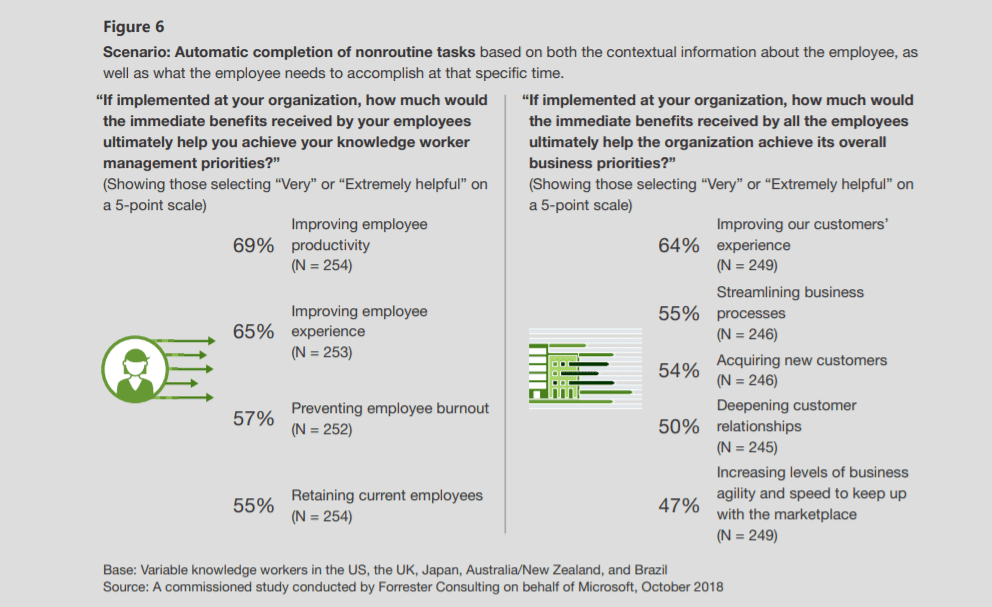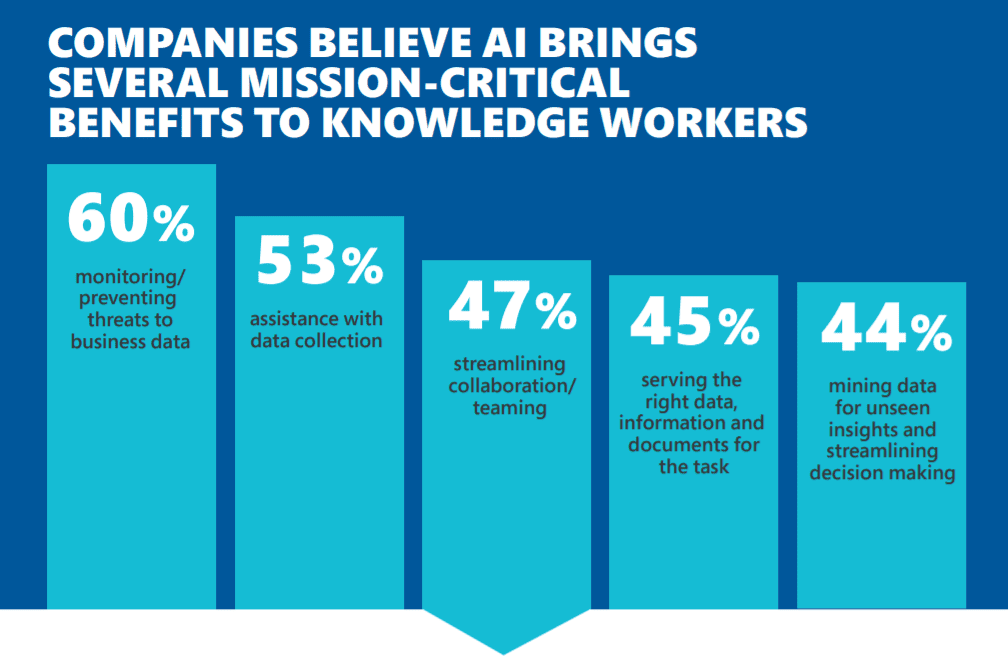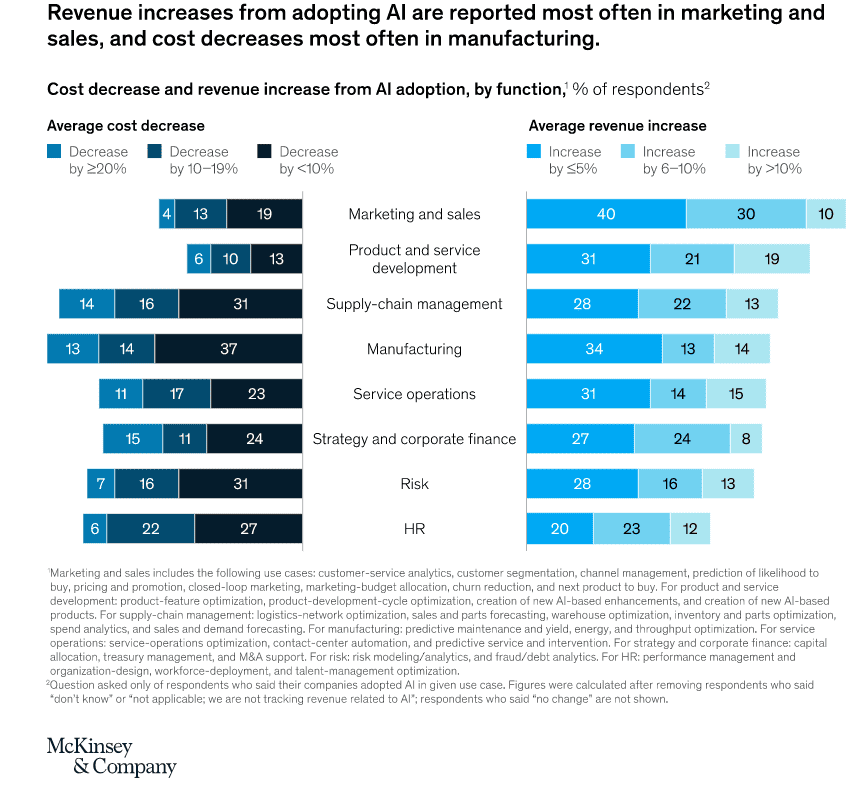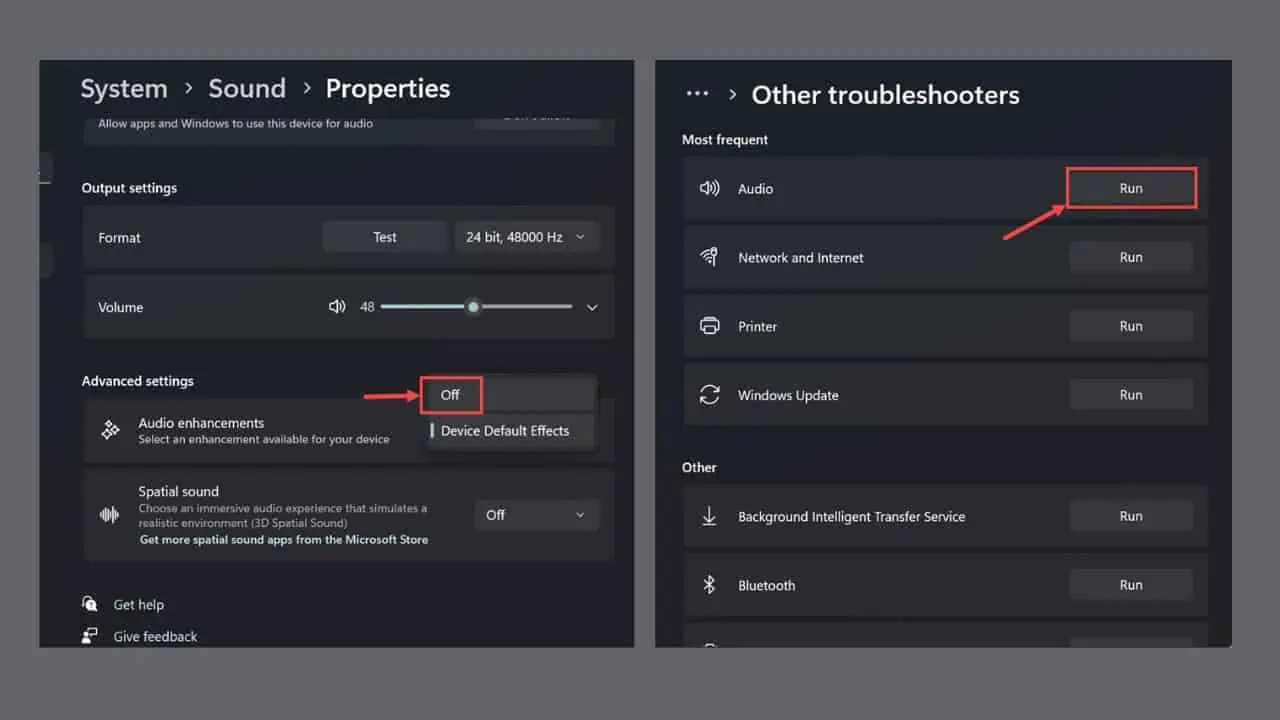Artificial Intelligence in Business Analytics: Challenges for Investors and Developers
6 min. read
Published on
Read our disclosure page to find out how can you help MSPoweruser sustain the editorial team Read more

Sponsored
Benefits of AI for Business Analytics
The current experience of introducing AI and the implementation of certain conceptual developments and pilot solutions, which are only just being approbated on the market, speak of the benefits of using AI in the field of Data Science and Business Analytics. Gartner predicts that these two areas will converge in the near future.
According to surveys of business leaders, the main benefits of using AI in data analytics include elimination of repetitive tasks, automation of work processes, business process optimization, better decision-making, and generation of new promising directions and ideas. Let’s take a closer look at each of these benefits.
Elimination of repetitive tasks
This is one of the main benefits of introducing Machine Learning and other AI technologies into business processes, which allows Analysts to focus on performing more creative tasks. This refers to the automation of work with data when the main efforts for its search, formation, and presentation are made by Machine Intelligence, freeing up additional time for employees.
For example, in the financial sector, AI helps to streamline accounting processes and reliably perform such predictable tasks as data entry, payment and invoicing, etc., so that financial records are kept as accurate as possible. Process automation helps to eliminate typical human errors when working with data and makes technical tasks for an employee an object of monitoring and control, not an object of current production.
Marketers and Business Analysts can also switch from performing repetitive tasks of collecting and analyzing information from various sources to working with software algorithms and models. These algorithms and models perform these tasks way faster and more efficiently than people. This allows large corporations to reduce the staff of technical workers involved in automatic transactions and collecting and sorting information. Employees of small companies and startups can, in turn, carry out their tasks efficiently. Moreover, as research by Forrester shows, employee productivity increases significantly when both daily and non-routine tasks are automated.
Better decision-making
This is another major benefit of using AI in Data Science. Eliminating repetitive tasks and improving decision making with AI is what helps brain workers become more creative and focus on intellectual work, according to 84% of participants in a survey by Forbes Insights for Microsoft. Obviously, decision-making affects primarily the area of management and influences strategic planning, which is important for top management and shareholders. Traditionally, the data necessary for decision-making existed in the form of Systems of Record, and working with this fell to analysts and managers. But today, Systems of Intelligence are launched using AI algorithms. They “can offer all the capabilities of a SOR while also providing the data and insights required to make better decisions across the business.”
Many of these processes still require Digital Analysts and Data Handlers, who optimize and verify models and graphs, to maintain them, but AI does the data processing itself at a much more intensive level. This affects the management of supply chains and personnel, business forecasting, cost optimization, and work with clients and partner organizations. Improved decision-making circuits help to mitigate the risks of influence by false data and late decision making, increasing the accuracy and speed of working with information.
Generation of promising ideas
This is another key benefit of implementing AI technologies in Business Analytics. According to the already mentioned survey by Forbes Insights, about 41% of respondents believe that AI’s ability to detect “invisible” ideas and anticipate the necessary context required to correctly process data is significant, and 45% of respondents consider it to be critically important.
In other words, AI makes it possible to organize information in an alternative way. Such technologies go beyond human perception and see patterns and anomalies in places that people may not pay attention to. The development of promising ideas is achieved through the use of both heuristic data analysis schemes and the multifunctional interaction of AI with a variety of storages and databases, which makes it possible to detect non-obvious patterns.
This optimization of predictive models makes it possible to forecast changes in demand and the need for new products or services, as well as open and develop fundamentally new markets, as was the case with app stores and AirBnB.
An important peculiarity of using AI for analytics is 24/7 access to its results. This allows business leaders to determine important business performance indicators, make the necessary adjustments as they appear, negotiate sales, make hiring and fundraising decisions, and conclude partnership agreements – all of this quickly and in real-time.
To make such solutions possible, new AI tools must fully shift to the creation of promising and unfragmented data transfer chains (Future-proof, Anti-fragile Data Supply Chains). As noted by Irfan Khan, founder and CEO of CLOUDSUFI:
“The right approach to data valuation and monetization can uncover limitless possibilities, including customer-centricity, operational efficiency, competitive advantage, strategic partnerships, efficient operations, improved profitability, and new revenue streams.”
The use of data from modern multimedia devices can be especially effective, the processing of information from which gives an idea of many production processes and client behavior.
Other benefits of AI technologies
According to a survey by RELX, optimized systems and lowered costs are other key business benefits of AI systems. The efficiency of processes is increased by a high level of automation, fewer errors, and better use of resources. Such advanced algorithms for working with data make it possible to build optimal production schemes, supply chains, and effective personnel management models.
According to McKinsey, such solutions are especially effective in reducing costs and increasing profitability for companies in the marketing, sales, and manufacturing sectors. In general, the increase is taking place in all significant areas.
Finally, the important advantages of using AI for Business Analytics include a client-centric approach, improved client retention schemes through mechanisms for studying their personal demands, and offering suitable solutions at the level of smart data processing algorithms.
These services have already been partially implemented as part of contextual advertising algorithms, bot consultants, and personal recommendations on websites and in mailings. Working with clients’ personal data helps to create models of their direct and suppressed demand and build personal relationships between the company and clients on a 24/7 basis.
Of course, AI technologies don’t solve every client problem. According to surveys by Accenture, most buyers still prefer to interact with human staff to receive advice or recommendations. But it should be borne in mind that if the client service is poorly established, for example, due to a lack of specialists, more than half of buyers will prefer to look for new providers.
Conclusion
Thus, among the main benefits of using AI for Data Science and Business Analytics are the following:
- elimination of repetitive tasks and automation of non-routine tasks,
- improved decision-making processes and minimized risks,
- generation of promising ideas and optimization of predictive models, entering new markets;
- optimization of systems and cost reduction;
- improved client retention schemes.
In theory, these advantages significantly contribute to the promotion of AI technologies to the markets for business services, analytics, and IT outsourcing services. Anyway, the current trend is also determined by the successes and failures of specific cases of the introduction of such technologies, which we will discuss in the third part of this article.












User forum
0 messages